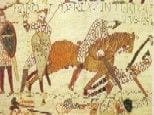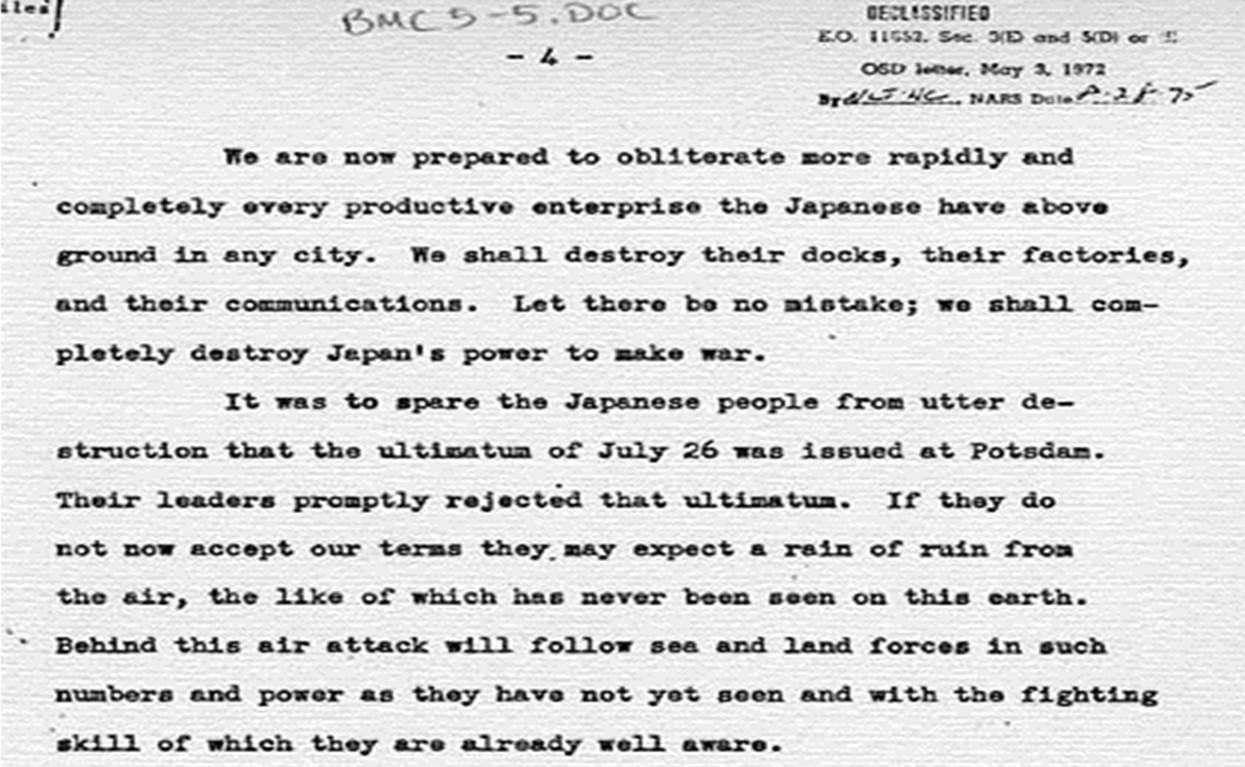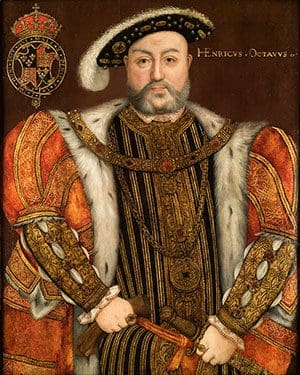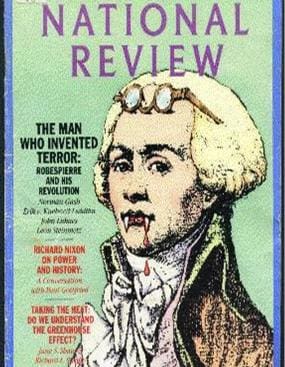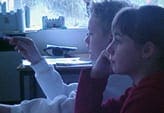
We would all agree that history is a subject which is both accessible and has relevance to all pupils, including those with learning difficulties. Not only does it provide interest and colour, it also develops important skills concerning evidence which are going to be so useful in later life. Where else are pupils going to develop skills of healthy scepticism? How are they going to be trained to evaluate what they are told, to recognise when half-truths are peddled as facts?
We would also agree that teaching pupils who might previously have received their history education in special schools presents us with a new set of challenges. If we identify what these challenges are and share the solutions we have found to be effective, then there is no reason why pupils with significant learning difficulties cannot make very good progress in mainstream schools. Above all, we must guard against consigning

